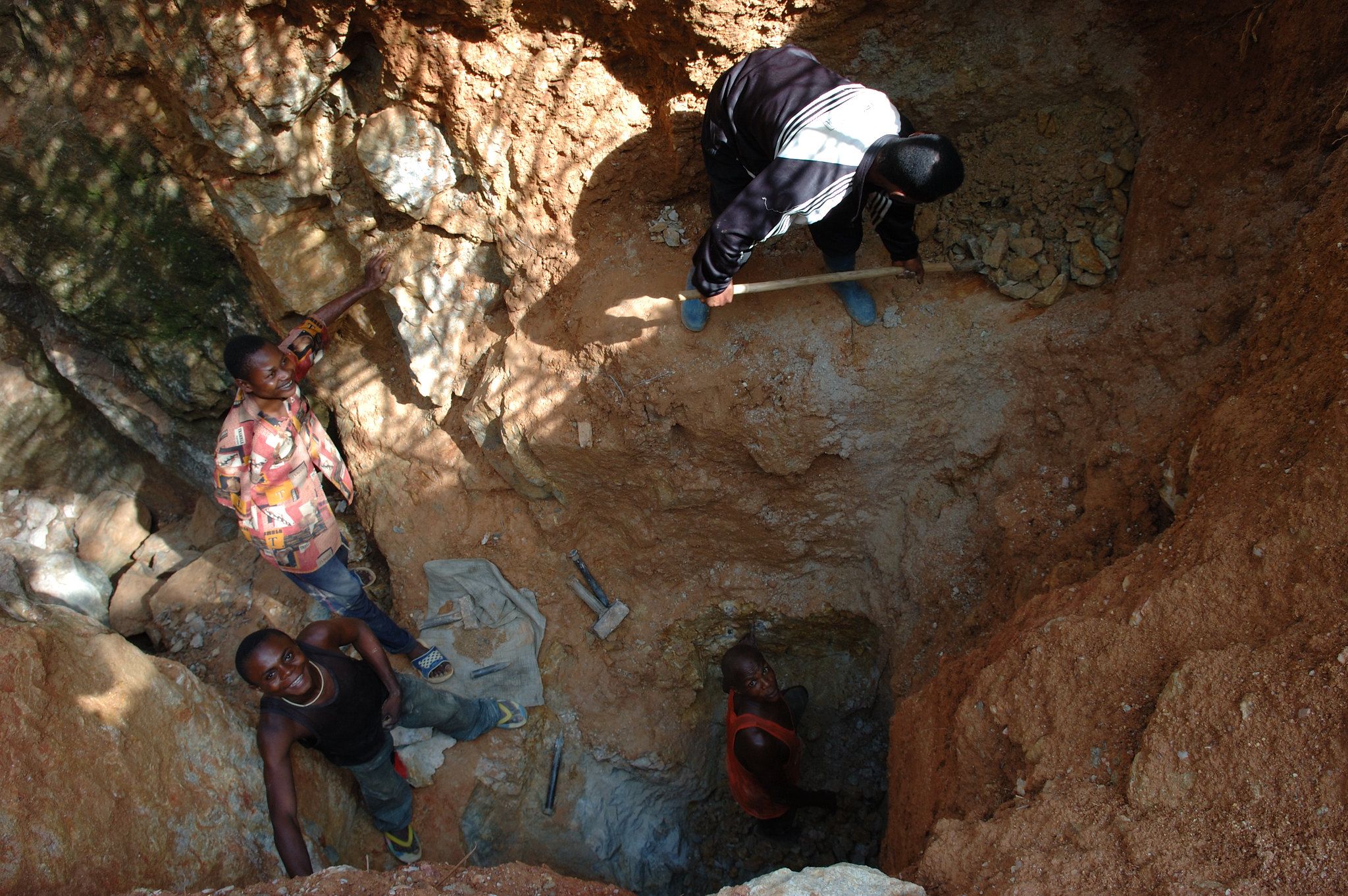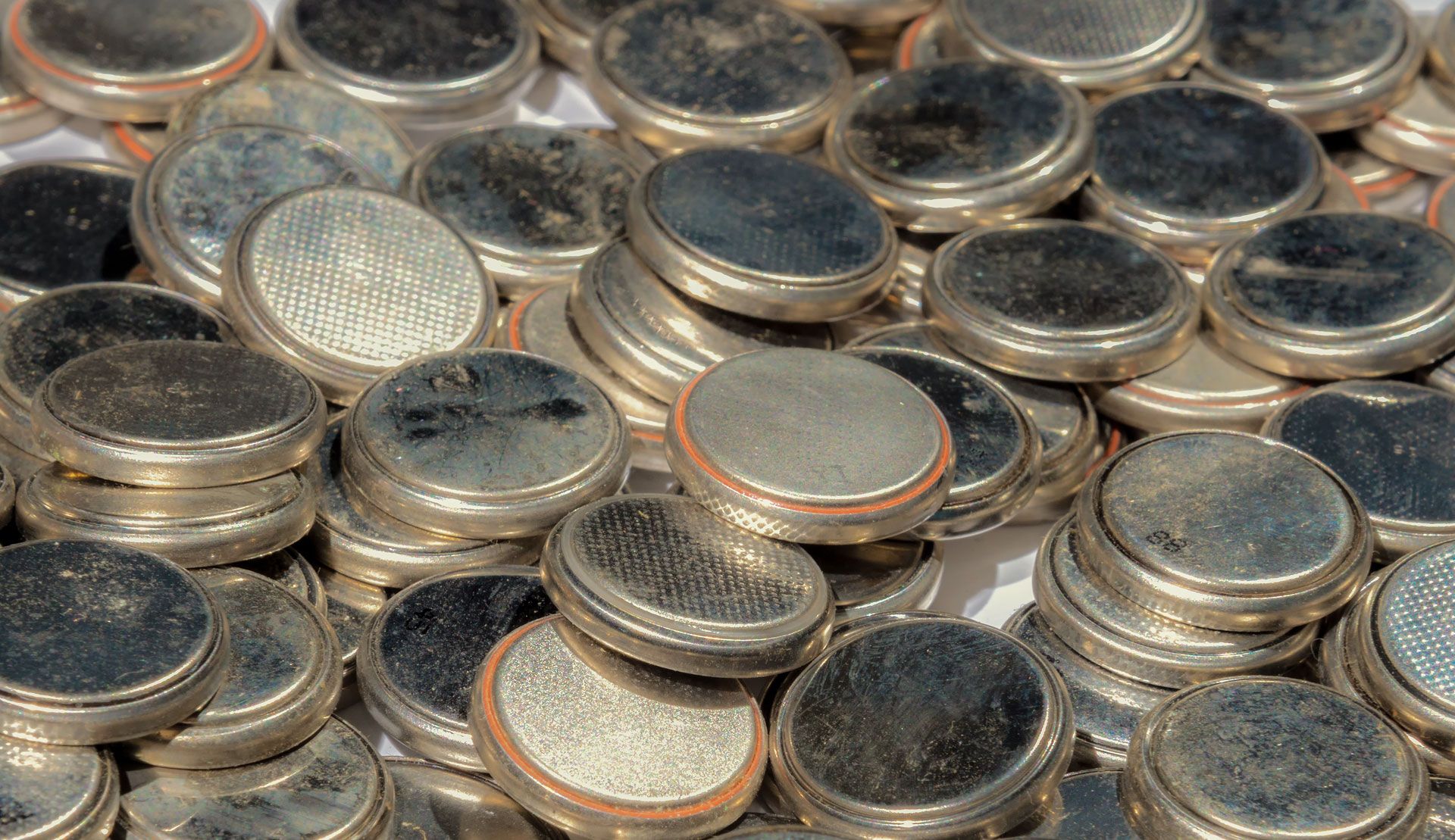Blood batteries are not the answer to our fossil fuel woes


Electric vehicles are selling like hot cakes at the moment. According to International Energy Agency, over 17 million Electric Vehicles are set to be sold in 2024. There seems to be an unspoken consensus that battery powered vehicles are an improvement, in nearly every sense, over dirty old internal combustion engine powered vehicles. But like all things in this world, the truth here is slightly more complicated. Or maybe even a lot more complicated.
Batteries may be a solution to the specific issue of carbon emissions but are they really the holistic solution to our ecological woes? Climate change is a pressing issue and we are not here to deny it or refute the urgent nature of its threats. However, one often wonders if a lot of the world is stubbornly myopic in its insistence that climate change, in and of itself, is THE issue that needs addressing, no matter what the cost.
This is not to say that ecological issues should be swept aside against concerns of global economic well being - that is a different topic for a different day - This is to try and reflect on whether we are being erroneous by insisting that we focus on climate change, in isolation, amidst the myriad manifestations of ecological collapse that we see around us.
Make no mistake, the large-scale environmental crisis that we are looking at today is possibly the most important issue that mankind has ever confronted - the very basis of our existence is under serious threat - by definition, any other issue that we face as individuals or as collectives, necessarily has to come second - simply because they assume that we have a place to be and are reasonably well supplied with clean air, water and food. These are the essentials of life. Prerequisites without which there can’t be life. So, when climate change and ozone depletion were presented to us as the face of environmentally deleterious human activity, we latched on quite hard.
This is not to suggest that climate change isn’t a real issue or that we should go on rampantly putting out CO2 into our atmosphere - We are not apathetic to the issue and neither do we fancy ourselves experts - we are merely here to raise a few questions which we believe are pertinent - are we losing sight of the forest for a few creepers? The natural world operates as a tightly interconnected web comprising trillions upon trillions of highly complex units. Addressing a problem as multi-faceted, complex and intractable as climate change, demands a highly nuanced and considered approach.
This can be really tricky - in the best of times, human beings struggle with nuance - clarion calls and slogans are what get things moving usually, if they do at all. Mobilizing enough people out of their slumber is hard enough when it comes to issues like these - where is the room for nuance? However, that is exactly what is being asked of us.
Batteries - Not quite the promised knights in shining armour
We started this post by talking about electric vehicles not because we have anything against them - quite the contrary really - at ONiO, we care very deeply about finding radically alternative solutions to pertinent problems - trying to find ways to use first-principles thinking to come up with bold, novel solutions that might even seem impossible to begin with.
So far as EVs represent a brave step towards a greener future, we are all for them. However, very few things in life are as black and white as that - electric vehicles are great in that they don’t add to our steeply-rising emissions, but are they really as innocuous as they are made out to be?
EVs typically run on massive batteries which are hundreds of times more powerful than the ones that power your phones - In most cases, these are Lithium-Ion batteries. Lithium-ion batteries require lithium and cobalt to be made - both rare minerals that occur in very few places around the globe.
Most of the world’s Cobalt reserves are concentrated in a single country - The Democratic Republic of Congo - This central African nation fits the popular image of a poverty-stricken African country quite well - starvation, public health crises, armed conflicts - the works. This one poverty stricken country meets the overwhelming majority of the world's Cobalt demand. Our iPhones simply couldn’t exist without the DRC’s notorious mining industry.
Every day, hundreds of thousands of Congolese children descend into narrow wells that burrow deep into the face of the earth - children are preferred for their small frames and limbs - in appalling conditions. All for paltry wages ranging from as low as 1$ a day to about 9$ a day.
Global demand for Cobalt has quadrupled over the past few years and is further expected to double in the near future - this is mostly due to the massive spike in demand for electric vehicles.

Workplace safety is all but a laughable afterthought when it comes to these artisanal Cobalt mines. More and more companies come out with powerful sounding releases about how they have a zero tolerance policy when it comes to child labour - however, the sad truth is that when push comes to shove, they don’t stop buying Cobalt from the very mines which are the worst offenders.
Let’s take the example of Tesla - a notable example of a company which enjoys a widespread reputation of being ecologically oriented - hey, and this is by no means an attempt to criticise Tesla - Soon after making proclamations about not wanting to encourage grisly child exploitation practices and vowing to wean itself off blood-stained, Chinese-mined Cobalt, Tesla signed a new deal with Glencore for six million tonnes of cobalt a year.
Nobody to blame but ourselves
So, who is to blame for this? That is the wrong question to ask, we think. The very fact that we resort to pointing fingers and calling names when faced with these kinds of facts is something that has to change.
This is the reality of the world we live in. This is the reality that underlies the lavish lifestyles that we have come to take for granted. No one entity or section of society is to blame. We are all equally culpable in this crime against humanity.
The industries of the world don’t operate in some sort of vacuum - they exist as part of a continuum that includes consumers like us. They merely offer us what we want and buy.
So, what do we do then?
We are not quite sure there is any simple answer to problems like these - if there was, we would already be on it - Terrible problems and terrible BECAUSE there are no simple solutions.
But more people knowing more about the world they live in has got to be a step in the right direction. That is what this article is aimed at doing. We live in a world where there is an enormous amount of fake information going around. We are well aware of this and take our role as a humble editorial very seriously - all we want to do here is to raise questions, like we said and present a case for things to be seen differently.
Batteries are not quite the innocent, planet-saving alternatives to fossil fuels that a lot of us have been made to believe they are. In fact, Lithium-ion batteries, reduction in emissions notwithstanding, are quite literally stained with the blood of children.

Not Just Electric Vehicles
Like we mentioned earlier, nuance seems to be an even scarcer commodity that Cobalt in these divided times. It is becoming increasingly common to see owners of EVs come out with petulant and sanctimonious diatribes against their ICE owning counterparts - if we are against something, it is this.
There seems to be a climate of hate-mongering and finger-pointing around these topics which can only be counter-productive to us as a whole.
Experts on the subject seem to be warning us against placing all our hopes, willy-nilly on electric vehicles - and just sheer common sense should already be warning us against childishly reaching for a convenient conclusion rather than careful reasoning and studied investigation.
Hey man, so what would you guys have us do? Carry on with gas-guzzling motors until the end of time?
No. We aren’t so much concerned, with respect to his article, with the question of what to do rather than what not to do.
All we are trying to accomplish here is to introduce an element of doubt into the narrative of battery superiority that’s quickly gaining steam around the world.
It’s not just electric vehicles though - This very post is being written on a Li-Ion powered device and in all likelihood is being read on one too. In addition to laptops and mobile phones, we have all manner of smart devices today that are powered by batteries. No amount of rationalization can change the fact that batteries come at a terrible, terrible cost.
If not batteries, what then?
We are tech people - semiconductors are our bread and butter. As inhabitants of this planet, we assume the right to have opinions and try to be as considerate with them as possible. But when it comes to solutions, we think it’s best we stick to what we know and understand.
We understand the world of IoT and semiconductors - and as far as the world of IoT sensors and smart devices are concerned, we think batteries are veritable dinosaurs when it comes to powering smart devices.
In recent years, energy harvesting has emerged as the leading power solution for IoT devices. Energy harvesting technology is exactly what it sounds like - at any given point in time, there is energy all around us - huge quantities of it - in the form radio waves, heat, sound etc - energy harvesting refers to harvesting small packets of said ambient energy and using it as electrical energy to power microelectronics, sensors etc.
Energy harvesting, to put in crudely, makes batteries look dumb! Allow us to explain - batteries come with a host of issues - Firstly, there is the massive humanitarian cost that is simply enough reason by itself. Can we really call a solution sustainable or environmentally friendly, if it presupposes the wanton exploitation of young human beings? Secondly, there is the grave environmental cost associated with Lithium mining. Lithium mining unleashes untold levels of destruction in the areas surrounding the mines - The ramifications often devastate huge portions of the environment, often spanning a radius of hundreds of kms. These are the humanitarian and ecological concerns - but that’s probably not enough to call a technological modality dumb - not for us anyway - the list goes on further.
From a business owner’s standpoint, batteries make very little practical or economic sense. As you probably already know, the very reason why IoT is so promising is that it allows businesses to implement real-time tracking across a variety of parameters, across huge areas - this involves wireless sensors being placed across the business location (think farm, metal factory, lumbering property etc) which can be huge - moreover, the terrain involved can be super inhospitable. That’s the whole point of using sensors to do the job of overseeing the operation - the sites involved are usually hard for people to get to.
Now, having installed, say, a thousand wireless sensors in various locations around your property, you are now asked to account for periodic maintenance checks and battery changes, it kind of defeats the whole purpose doesn’t it?
This is exactly the problem that severely limited the explosive growth in IoT that was predicted a few years ago - it simply didn’t make sense to pay a huge amount of money upfront to overhaul your existing way of doing things, only to have to shell out more every once in a while for upkeep.
This is where energy harvesting shines - With energy harvesting, there is simply no need for periodic maintenance or battery replacements. Moreover, because energy harvesting based designs tend to have fewer components, they are also cheaper, to begin with, in terms of the bill of material.
This makes them super appealing for manufacturers and consumers alike - in the near future, more and more consumer-oriented smart goods will be powered by energy harvesting solutions.
Bye-Bye Coin Cells
Billions upon billions of coin cells find their way into landfills and oceans every year - we may not realize the gravity of this now, but we surely will in a few years.
Today, energy harvesting is the obvious answer, at least when it comes to microelectronics, IIoT products, consumer wearables etc - we are not yet in a place where we can use energy harvesting technology to power our laptops and phones, let alone our cars and trucks.
As of today, we are able to confidently claim to have an alternative to batteries within the realm of microelectronics and IoT-based devices. This is no small thing - year on year, we discard tens of billions of batteries which contribute greatly to toxicity and pollution.

Today, thanks to energy harvesting technologies, we are able to make a huge dent in the total e-waste generated every year. This is a step in the right direction. But make no mistake, this is not the end-all and be-all. We have a long way to go in actually cutting back our dependence on Lithium batteries. The economic engine of the world still mandates the use of less-than-ideal power sources and that is the sorry truth that we have to contend with.
There really isn’t a fairytale solution to this dire problem - we need to collectively accept the responsibility for this situation - considering we all benefit greatly from the advantages of living in an industrialised and highly connected world.
Nevertheless, we do need to keep pushing forward to identify more and more sustainable ways of carrying out our activities on this planet - because, cliches aside, there really isn’t any other place we can fall back on.












